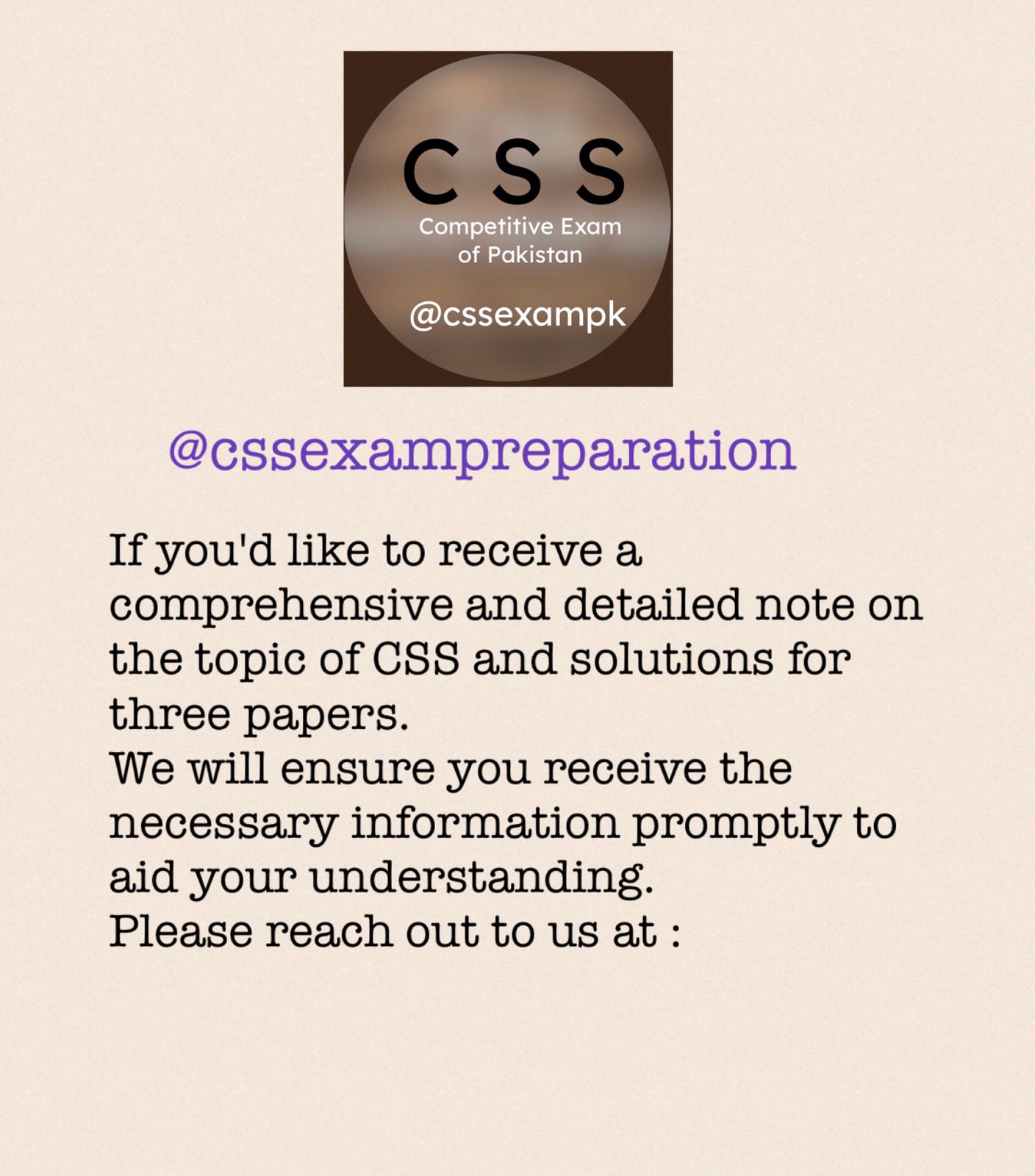Pakistan's Society
Pakistan's society is a diverse and vibrant blend of various ethnicities, languages, cultures, and religious beliefs. It is a society deeply rooted in its Islamic heritage and traditions, with a rich history that influences its contemporary social fabric. Pakistani society values strong family bonds, communal harmony, and hospitality. It comprises a mix of rural and urban communities, each with its unique customs, practices, and lifestyles. Despite facing numerous challenges, such as socioeconomic disparities, political instability, and security concerns, Pakistani society remains resilient and united in its efforts to overcome these obstacles and build a better future for its people.Family unit
Pakistan is a multi-ethnic and multi-cultural society. It continues to have high regard for traditional family values, although urban families have grown into a nuclear family system due to the socio-economic transitions.Social Stratification
The three social classes – upper class, middle class, and lower class – as well as the upper stratum, middle stratum, and lower stratum are commonly used to define social stratification in Pakistan.Cultural Characteristics
Pakistani culture has the following characteristics:Islamic values
Languages
Mixed culture
Food
Variety of dresses
Religious festivals
Core spirit of Society is -Islamic values
Majority of population comprises of Muslims and follow teachings of IslamBelief in one Allah
Prophet hood of Hazrat Muhammad(P.B.U.H)
Brotherhood
Equality and social justice
Islam is religion of peace and patience
Languages
National and Regional languagesA number of languages are spoken in Pakistan National language: Urdu
Regional languages:
Punjabi
Pashto
Sindhi
Balochi
Cultural Influences
Cultural influences of Iran, Turkey, Arabia, Iraq through land and sea route to reach the soil of Indus and their traditions customs , festivals and way of life mixed up with the local cultures.Major Social Problems In Pakistan
Various societal issues like as poverty, dowry, lawlessness, and unemployment exert a substantial influence on the cultural fabric of Pakistan. Regrettably, Pakistan is not exempt from these societal maladies. Although these social concerns may vary in their characteristics.Patriarchal society
Pakistan society is a patriarchal society in which men hold primary power and authority, often in roles of leadership, moral authority, and decision-making. In it men typically occupy dominant positions in the family, community, and wider social structures, while women are often relegated to subordinate or supportive roles. The society tend to prioritize masculine values, norms, and interests, often resulting in the marginalization and oppression of women.Gender society
This patriarchal social structure perpetuate gender inequality, limiting women's opportunities for education, employment, and political participation. While some families are evolving towards greater gender equality, many continue to grapple with the need for more inclusive and equitable social structures.back to top
Characteristics of Society
Traditional society
It is also refer as a Traditional society as it is characterized by long-standing customs, practices, and beliefs that have been passed down through generations. It strongly adhere to established cultural norms and values, often rooted in religious or cultural traditions. Family and community play crucial roles, and individuals socially controlling them to make sure they adhere to prescribed roles and responsibilities. Change is gradual, and the preservation of customs and rituals is of paramount importance.Conservative society
As a conservative society its values tradition, conventional beliefs, and established social norms. The members of this society Individuals prioritize maintaining the status quo, upholding traditional values, and resisting change or progressive ideas. Typically, its emphasize the preservation of long-held customs and moral principles, often based on tribal, cast or cultural teachings. This inclination towards preserving traditional practices often manifest as resistance to embracing social, cultural, or political changes, leading to a preference for the familiar over the new or different.Tribal Society
In the two provinces, a tribal system prevails; its society is tribal, characterised by its tight-knit communal structure and strong emphasis on kinship and shared heritage. The people of KPK and Baluchistan often belong to distinct tribes or clans, each with its own unique customs, traditions, and cultural practices. Their tribal communities tend to have well-defined social structures and hierarchies, often led by influential tribal leaders or elders who hold significant sway over the community's affairs. The societies typically emphasise collective decision-making and consensus-building, with an emphasis on maintaining harmony and unity within the group.Agriculture Society
The other two provinces of Pakistan have an agricultural society whose social system is primarily focused on cultivating crops and domesticating animals for sustenance and trade. In such societies, agriculture serves as the fundamental economic activity, shaping the structure and functioning of communities. These societies typically exhibit characteristics such as settled life, surplus food production, and the development of specialised skills and tools related to farming and agriculture. The towns are the source of income where agricultural products are sold and also the source of information and ideas. The mechanisation of agriculture, village-to market roads , energy supply is gradually bringing about changes in this society.back to top
